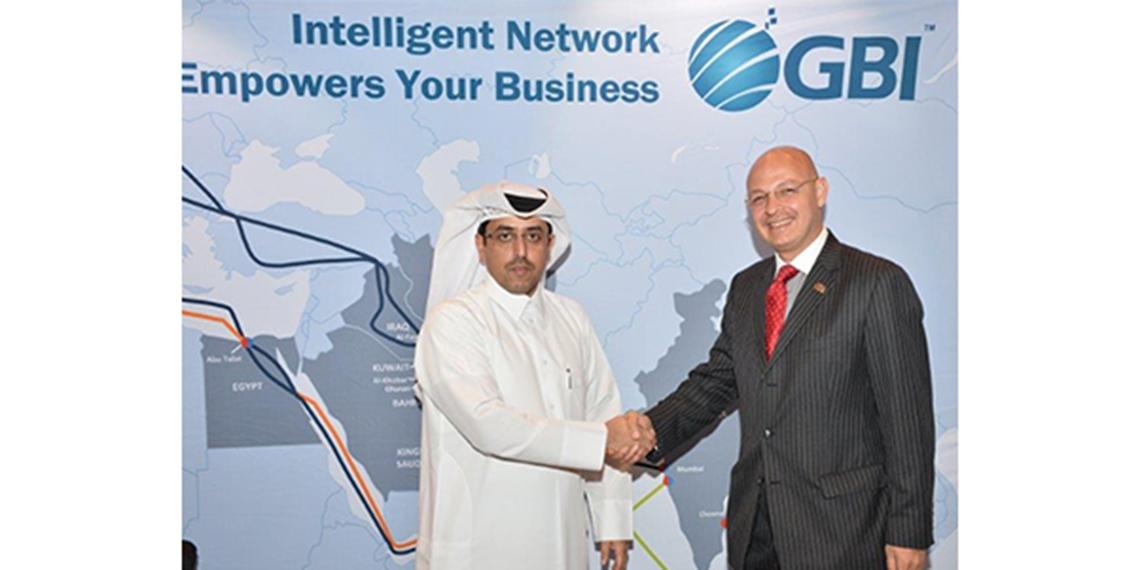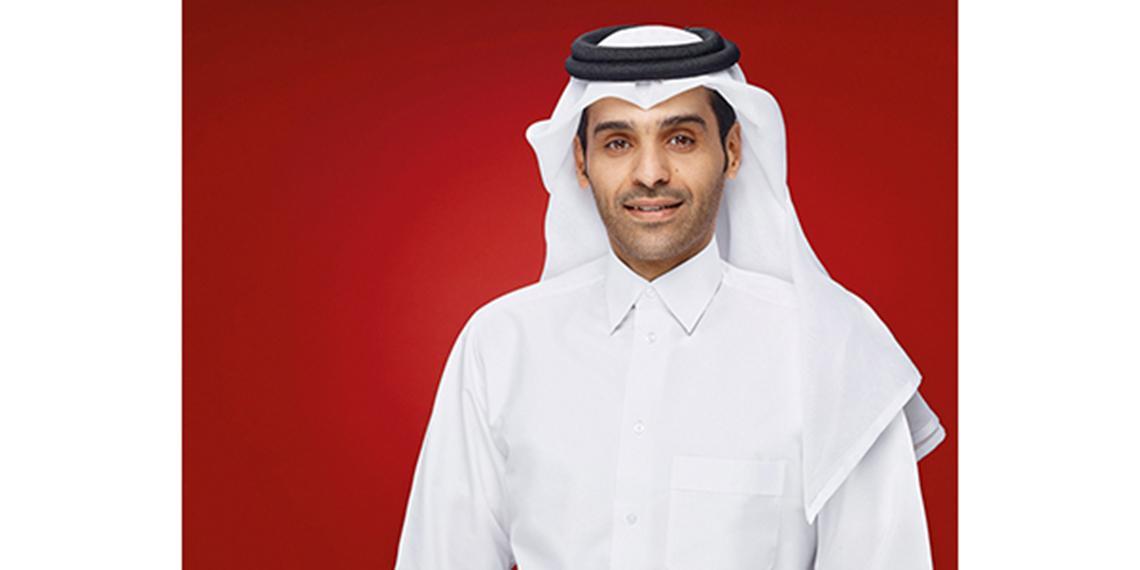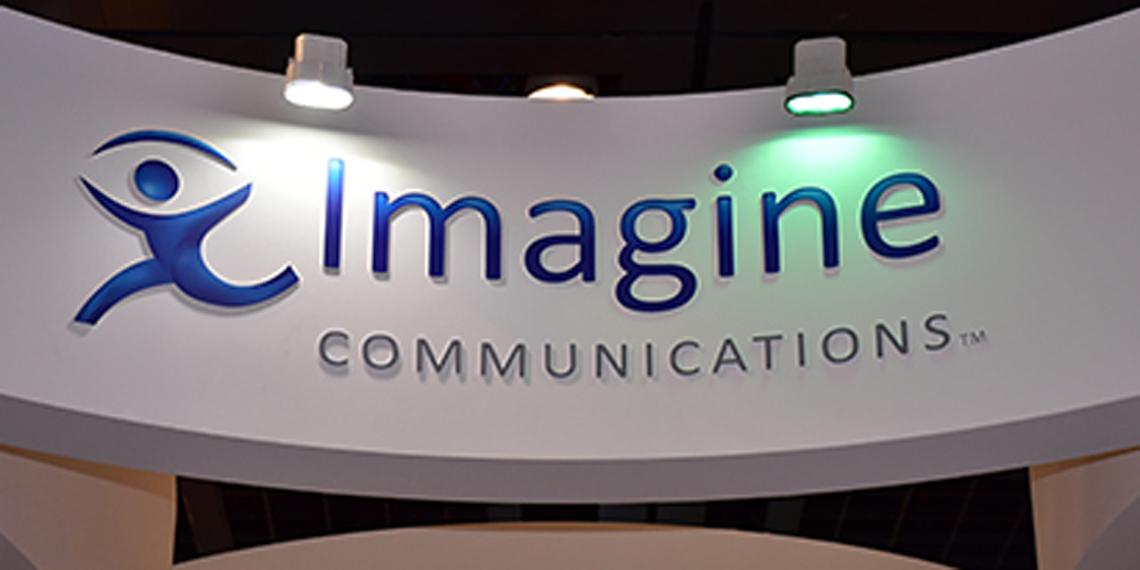
Empty Category
Amr Eid named acting CEO of Gulf Bridge International "GBI"
Gulf Bridge International ""GBI"" announced that its Board of Directors has nominated and appointed Amr Eid as the acting chief executive officer, effective immediately, in addition to his role and responsibilities as the chief commercial officer.
The explosion of datacenters
In most of the cities, our life relies on the functioning and availability of one or multiple datacenters. Most of the things in every segment of human activity are controlled by datacenters. As technologies are getting advanced, people are depending more on datacenters as they offer the greater levels of security, flexibility and accessibility to data and information around the world. Let's take a look at the innovations that will impact the future of datacenters.
Datacenters are responsible for the entire infrastructure in most businesses; they help businesses run efficiently. They are also responsible for keeping things under control and require regulation and extreme cooling, in some cases, in order to keep systems from overheating. But with new technologies and trends coming up, the way we think about the datacenter is changing. These technologies and processes that power the datacenters have grown at an exponential rate and the IT skills needed to manage these new datacenters are changing as well.
As we all know, quality storage and handling are key to an organization's success, but with the various innovations and new technologies, the future of datacenters is getting affected, as well as companies.
Artificial intelligence (AI) is one of these trends. As more and more companies make advances in artificial intelligence and machine learning, it is only a matter of time before these innovations make their way into datacenters. Previously, Google made headlines when it announced that it was using machine learning through neural networks to optimize its datacenters, even releasing a white paper explaining the process.
Google primarily used its system to manage and optimize the datacenter operations, specifically the IT load, temperature and proficiency of cooling equipment. All of this contributed to a more energy efficient datacenter, but AI could end up proving useful for other datacenter issues as it is further developed, such as automating certain drives for specific tasks and so on.
The second innovation is IPv6. It's no secret that a lot of options regarding current IPv4 (Internet Protocol version 4) addresses have been exhausted - IPv4 ran out of addresses and the routing tables have gotten too big. The intended replacement that will alleviate this issue is the introduction of IPv6 (Internet Protocol version 6). While probably still a way off, IPv6 will definitely affect the datacenter.
IPv6 addresses open up a ton of new IP addresses, but are designed to be compatible with IPv4 as well. In addition to the increase in addresses, IPv6 offers other benefits to increase efficiency, such as improved security and new services support.
Solid state drives (SSDs), a third innovation, are nothing new, but they are still a touchy subject in the enterprise datacenter due to expense and interface issues. While few companies have gone full flash, the performance and durability of SSDs can't be denied. Hybrid storage solutions present a unique way to experiment with flash storage without breaking the bank. For example, using SSDs to handle caching can speed access to critical data without going full Monty. As the technology behind SSDs mature though, they will likely replace hard disk drives in the datacenter.
Another IT constant that will continue to drive change in the datacenter is virtualization. The list of current benefits is long, including better testing, easier backups and faster redeployments, among others. There are arguments about the viability of virtualization, especially regarding data reading from storage in virtual environments. However, new virtualization technologies are arriving every day to improve the performance of virtualization in the datacenter and make it a better option than it once was.
Additionally, more of these innovations are that of the virtual storage area network (VSAN). Recently, VMware announced its Virtual SAN (VSAN) - a software-defined storage system built into the hypervisor. Virtualization tools, like VSAN, help to increase flexibility in the datacenter, and helps with automation as well.
As for the last trend, cloud solutions. While some companies went running toward the cloud, most approached it with reserve, because the pros and the cons of the cloud depend so heavily on the industry the enterprise is in.
For many, the hybrid cloud solution works well to balance the performance and simplicity of the public cloud with the security and stability of an on-premise datacenter. In addition to security concerns, cloud costs are still a barrier for some companies. As cloud solutions become more secure overall and continue to drop in price, we will likely see more moves to datacenters that are primarily cloud-based.
Given the ever-increasing importance of efficient, scalable datacenter infrastructure, innovation will continue and won't be limited to the physical construction or space. Data and networking needs are expected to grow, and we will see continued evolution in how datacenters are built and managed around the world. According to one prediction, by 2020 the world's data will increase 44-fold since 2009. Those 35 zettabytes will need somewhere to live.
The Government of Fujairah HR Department selects du as the telecommunications provider for all its entities
Employees of all Fujairah's government departments and their families will be privileged with world class voice and data services from du. As part of a recently signed Memorandum of Understanding (MoU) by His Excellency Mohammed Khalifa Al Zayoodi, director of the Human Resources Department in Fujairah, and Marwan Thani, vice president Government Sales at du. The telecommunication company will provide a host of telecommunications services to all Fujairah government entities based on their unique requirements, including national data plans and special rates on calling with the latest smartphones.
Is eCommerce and online purchase safe enough?
The days of buying and selling goods hand in hand are diminishing; consumers are getting their mouse do the job of buying everything from books and plane tickets to computers and cars over the internet. But how safe is their credit card information? What happens to the information once the transaction is finished? Do eCommerce establishments delete it?
Quality, clarity and availability: We're here to stay
Sami Boustany, CEO of Yahlive, sat down with Telecom Review to discuss Yahlive's latest offerings and what's happening in the region.
Future house: Home automation
Imagine the alarm clock rings on a Monday morning and the curtains draw back, the bathroom lights switch on automatically and you smell fresh coffee brewing. The concept goes as far back as the 1934 World's Fair in Chicago where the home of the future was unveiled. Since then, the automated home has morphed into the smart home; it can do more than turn on our heating and our lights; it can actually think for us.
OSN partners with Eutelsat for more HD channels and sets stage for Ultra HD services in the Middle East and North Africa
OSN is ramping up capacity on the powerfulEUTELSAT 8 West B satelliteoperated by Eutelsat Communications. Additional capacity at the Middle East’s flagship TV neighborhood will support more expansion for OSN, including new High Definition channels and the introduction of Ultra HD services.
Committed to leading
Guided by its vision of enriching people's lives and its belief that it can stimulate human growth by leveraging communications to help people achieve their full potential, Ooredoo Kuwait, is a member of international Ooredoo Group and provides mobile, broadband internet and corporate managed services tailored to the needs of customers and businesses. Telecom Review caught up with Mohammed bin Abdullah bin Mohammed Al-Thani, CEO and General Manager of Ooredoo Kuwait, to get the latest on the company's achievements, changes and future.
Imagine Communications teams with JMC to expand HD Channel Capacity
Imagine Communications has secured the contract to transition the playout facilities at Jordan Media City (JMC) in Amman, Jordan, from SD to HD. The first phase of the expansion will allow JMC to add six new ART HD channels to support its growing roster of international clients.
















